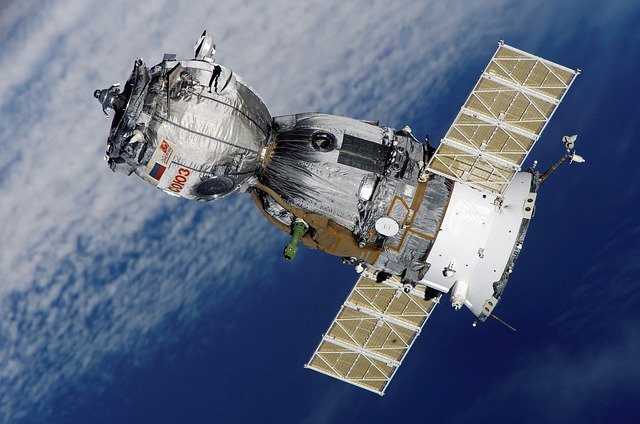The Legal Labyrinth of Outer Space Mining
In an era of rapid technological advancement and dwindling terrestrial resources, the prospect of mining celestial bodies has transitioned from science fiction to a tangible reality. As private companies and nations alike set their sights on the vast mineral wealth of asteroids and other celestial bodies, a complex web of legal challenges emerges. This article delves into the intricate legal landscape surrounding outer space mining, exploring the current framework, potential conflicts, and the urgent need for comprehensive international regulations.

The Outer Space Treaty: A Foundation with Limitations
The 1967 Outer Space Treaty, ratified by 110 countries, serves as the cornerstone of international space law. While it prohibits national appropriation of celestial bodies, it fails to explicitly address private ownership or commercial use of space resources. This ambiguity has led to divergent interpretations and conflicting national legislations, creating a potential powder keg for future disputes.
National Space Mining Laws: A Fragmented Approach
In the absence of comprehensive international regulations, several countries have enacted their own space mining laws. The United States passed the Space Act of 2015, granting its citizens the right to own and sell space resources. Luxembourg followed suit in 2017 with similar legislation, positioning itself as a European hub for space mining companies. These unilateral actions have raised concerns about the potential for a “cosmic land grab” and the erosion of the principle of space as the common heritage of mankind.
The Artemis Accords: A New Framework or Further Complication?
The Artemis Accords, spearheaded by NASA in 2020, aim to establish a common set of principles for lunar exploration and resource utilization. While proponents argue that the Accords provide necessary guidelines for responsible space activities, critics contend that they favor spacefaring nations and commercial interests at the expense of developing countries. The divergent views on the Accords highlight the challenges in achieving international consensus on space resource exploitation.
Legal Challenges and Ethical Considerations
The nascent space mining industry faces a myriad of legal hurdles. Questions of property rights, environmental protection, and benefit-sharing loom large. How can ownership of extracted resources be established and enforced? What mechanisms should be in place to prevent the contamination of celestial bodies or the creation of hazardous space debris? How can the benefits of space mining be equitably distributed among all nations, as mandated by the Outer Space Treaty?
The Path Forward: Towards a Comprehensive Legal Framework
As space mining inches closer to reality, the need for a robust, universally accepted legal framework becomes increasingly urgent. Such a framework must balance the interests of spacefaring nations and private entities with the principles of equitable access and benefit-sharing. It should address issues of resource rights, environmental protection, and dispute resolution mechanisms. International bodies like the United Nations Committee on the Peaceful Uses of Outer Space (COPUOS) have a crucial role to play in fostering dialogue and developing consensus-based regulations.
Charting the Course for Cosmic Jurisprudence
The legal challenges surrounding space mining underscore the need for proactive and collaborative international lawmaking. As humanity stands on the brink of a new era of resource extraction beyond Earth, the decisions made today will shape the future of space exploration and utilization for generations to come. By addressing the legal complexities head-on, we can ensure that the cosmic frontier remains a realm of opportunity, innovation, and equitable progress for all of humanity.






